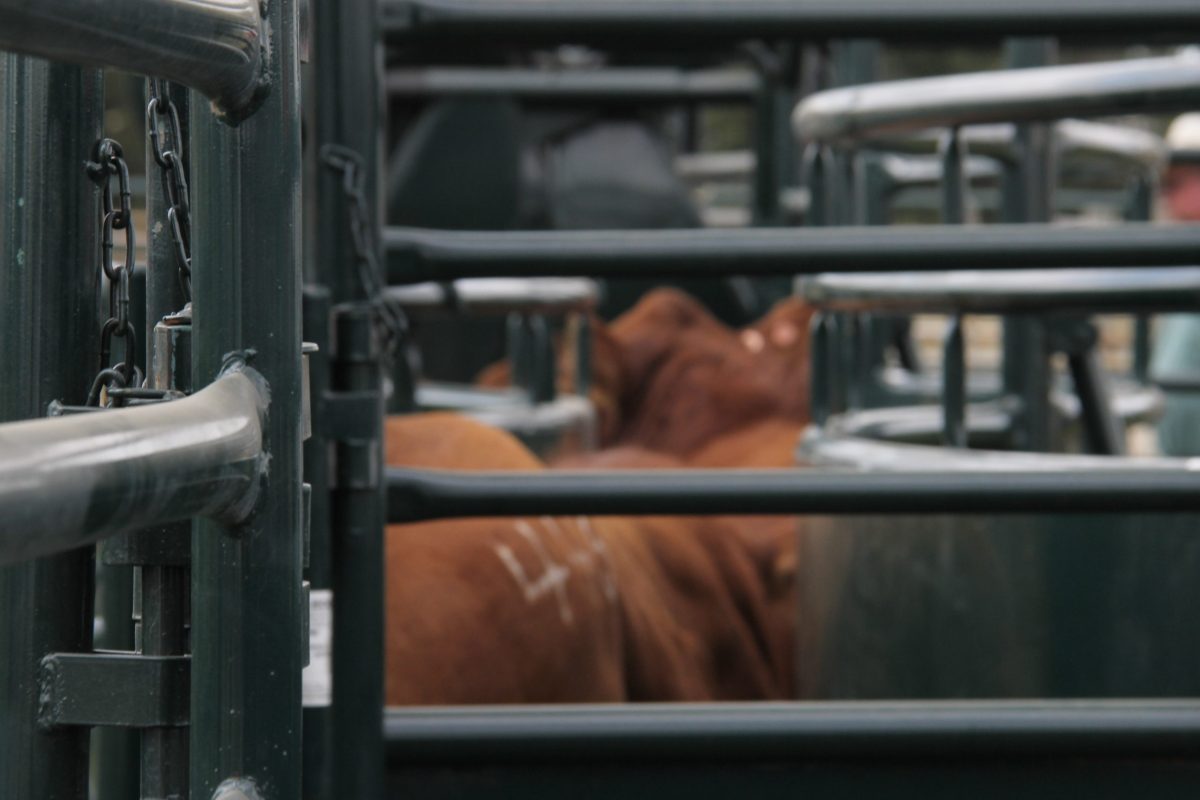CHICAGO (Reuters) — Tyson Foods Inc. plans to find other export markets for its pork products after a recent delivery to China triggered an export ban of half its U.S. hog slaughterhouses, the company told Reuters Friday.
Earlier this week, it was announced that China was barring future pork imports from six U.S processing plants and six cold storage facilities over the use of the feed additive ractopamine. China requires third-party verification that U.S. pork imports are ractopamine-free.
“We’re confident about the safety and quality of our pork and will work with the USDA to try to resolve China’s concerns,” Tyson spokesman Gary Mickelson said in an email statement. “In the meantime, we’ll find other markets for our products.”
Read Also

U.S. livestock: Cattle mixed on technicals, profit taking after tight supply rally
Chicago | Reuters – Chicago Mercantile Exchange cattle futures ended mixed on Wednesday as tight supplies and higher choice beef…
The company did not immediately respond to requests Friday for further details on which markets Tyson may be pursuing, how big of a market China is for Tyson’s pork exports or whether there are pork deliveries currently in transit needing to be re-routed.
How much China’s recent bans will impact the United States’ third-largest market for pork exports is unclear, say traders.
In 2013, U.S. pork exports to China, excluding Hong Kong, totalled 312,138 tonnes, valued at $645.3 million, according to the Global Trade Atlas. Overall U.S. pork exports worldwide last year totalled 7.5 million tonnes valued at $20.4 billion.
But the ban comes at a critical time for meat exporters after Russia slapped a one-year ban on meat, including pork, from the West in retaliation for sanctions imposed for its support of rebels in eastern Ukraine. The appetite for U.S. pork, they said, remains strong in Japan and Mexico.
Tyson’s pork packing plants currently ineligible to export to China include its facilities in Perry and Storm Lake, Iowa, and Logansport, Indiana.
China has also banned pork from a Hormel Foods Corp. plant in Fremont, Nebraska, Triumph Foods in St. Joseph, Missouri, and Quality Pork Processors Inc. in Austin, Minnesota.
Hormel, Quality Pork Processors and Triumph did not respond to requests for comment.
How long the Chinese ban of these plants will remain in place is not known.
In this situation, analysts say, political pressures within China could be at play. The country’s domestic pork production was up 3.4 percent in the first quarter of this year, over the same time a year earlier, according to China’s National Bureau of Statistics.
So the export tussle involving Tyson and the others may be partially fuelled by China’s bid to slow down overseas hog supplies in order to protect domestic prices and production, said John Ginzel, an analyst with Chicago-based brokerage firm Linn Group.
“China apparently has a lot of pork,” Ginzel said. “They’re swimming in it.”














